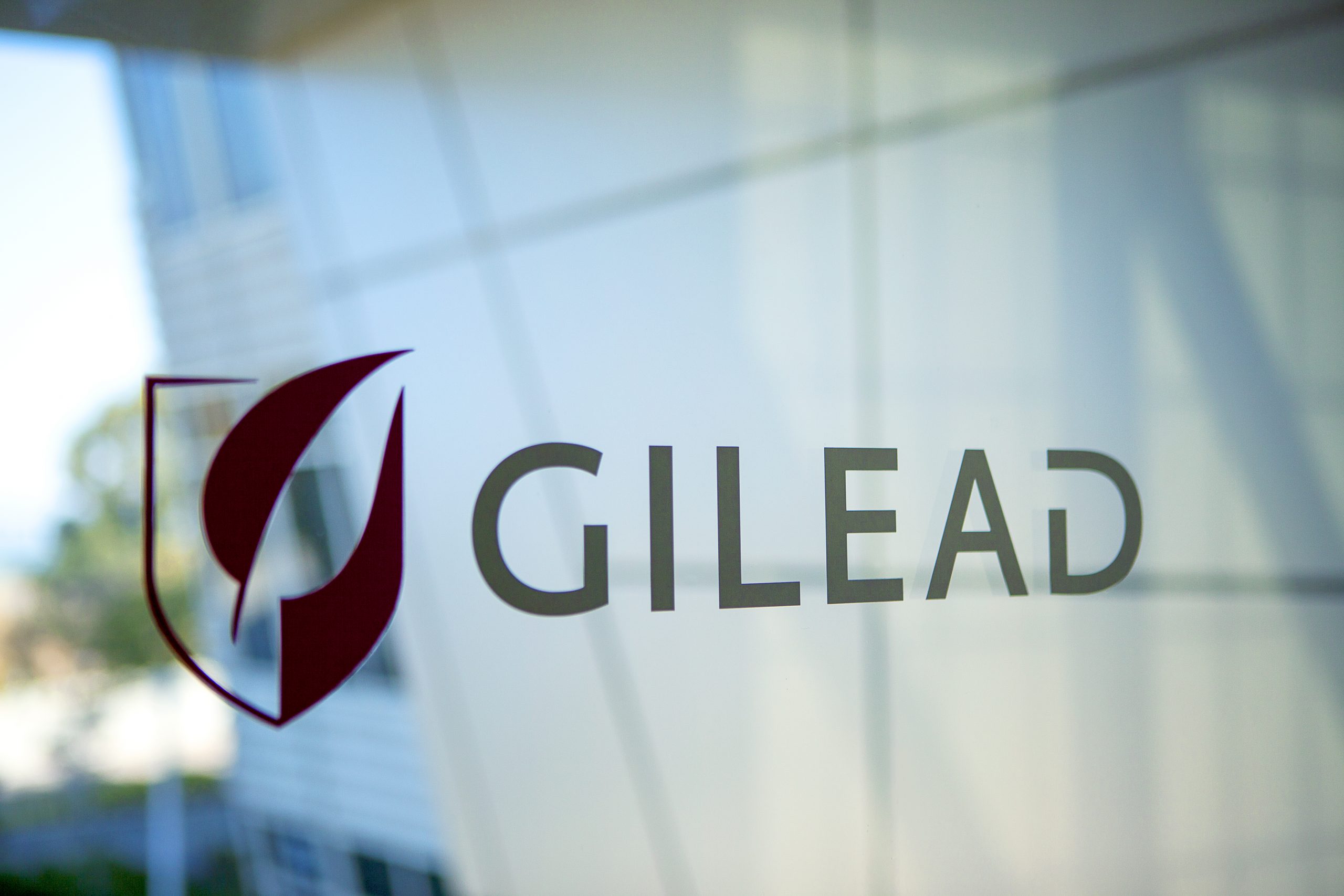NICE gives final seal of approval for Gilead's CAR-T in NHL

NICE has finalised its guidance recommending interim NHS funding for Gilead’s Yescarta CAR-T therapy, to treat patients with aggressive forms of non-Hodgkin lymphoma.
A chimeric antigen-receptor T-cell (CAR-T) therapy, Yescarta (axicabtagene ciloleucel) is cleared for reimbursement through the Cancer Drugs Fund (CDF) following an agreement between Gilead’s Kite unit and NHS England.
Gilead has managed to get Yescarta funded in this indication ahead of Novartis’ rival CAR-T, Kymriah (tisagenlecleucel), which has so far been rejected in this use.
Kymriah has been approved for funding in paediatric acute lymphoblastic leukaemia, however.
There is no standard treatment for relapsed or refractory diffuse large B-cell lymphoma or primary mediastinal large B-cell lymphoma after two or more systemic therapies, NICE noted in its guidance.
Best supportive care usually includes salvage chemotherapy. NICE added that there is still considerable uncertainty about the data presented by Gilead, which was based on a small single-arm study, albeit producing meaningful overall progression-free survival and good response rates.
The exact size of the benefits from the drug are still unclear and there is also limited evidence about the costs of treating the considerable side effects of the drug, NICE added.
NICE has therefore recommended interim funding from the CDF until Gilead has further data that could resolve these uncertainties.
The US pharma is still keeping the list price of Yescarta a secret in this final guidance, which follows a draft guidance that recommended the funding. In the US, the drug is priced at $373,000 for a single treatment.
Hilary Hutton-Squire, general manager, Gilead Sciences UK and Ireland, said: “The final positive guidance on Yescarta is a major milestone for adult patients living with aggressive forms of non-Hodgkin lymphoma (NHL), who may have run out of effective treatment options and who therefore only have months to live. For the first time, these patients will be able to access CAR-T on the NHS.”
The NHS is busy building a network of clinics capable of administering CAR-Ts and providing supportive care for patients suffering from the sometimes fearsome side effects they can produce.
Hutton-Squire said: “We will now continue to work closely with NHS England on preparing services so that this therapy can be made available to patients who need it most, across the country and as quickly as possible.”












